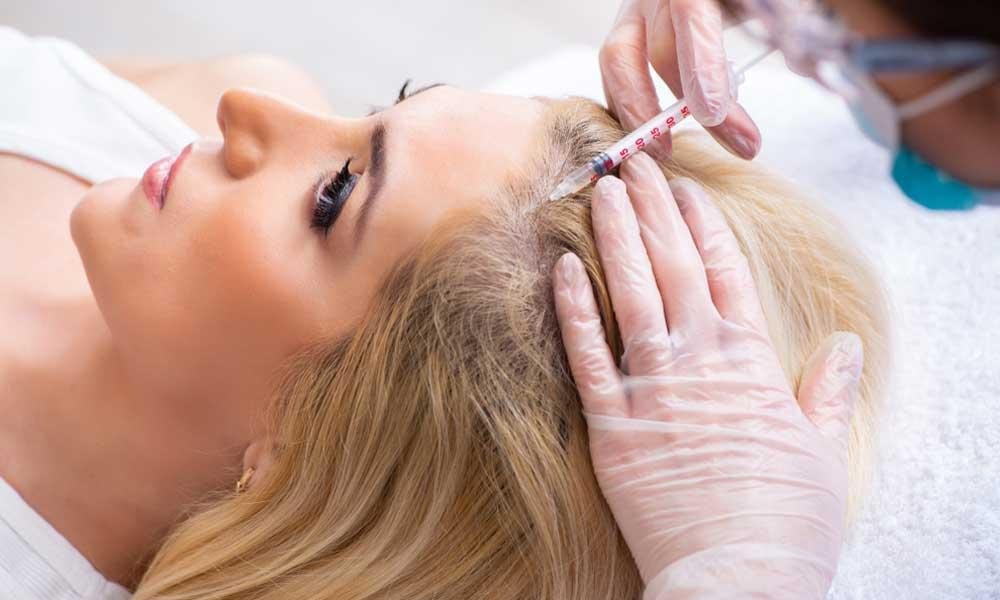Platelet-Rich Plasma (PRP) therapy is a popular regenerative treatment in aesthetic medicine, orthopedics, and hair restoration. With South Korea leading the world in advanced cosmetic procedures and medical tourism, many international patients are traveling to Seoul and other cities to receive PRP treatments. But one common question remains: Can you be allergic to PRP therapy? Here’s everything you need to know about PRP safety, especially if you’re considering undergoing the procedure abroad.
What Is PRP Therapy?
PRP (Platelet-Rich Plasma) therapy involves drawing a small amount of your blood, processing it in a centrifuge to concentrate the platelets, and then re-injecting the plasma into targeted areas of the body. These platelets are rich in growth factors that stimulate healing, collagen production, and tissue regeneration.
Common uses of PRP in Korea include:
- Facial rejuvenation (often combined with microneedling or laser)
- Hair regrowth treatments
- Joint and soft tissue repair
- Acne scar improvement
Is It Possible to Be Allergic to PRP?
Technically, no—you cannot be allergic to your own PRP. Since PRP is derived from your own blood (autologous), the risk of an allergic reaction is extremely low. There are no foreign substances or donor materials introduced into the body, making PRP one of the safest treatments available.
However, allergic-like or adverse reactions can still occur due to other components used in the procedure.
Possible Causes of Reactions:
- Additives or Activators:
Some clinics add substances such as calcium chloride or thrombin to activate the platelets. These additives may cause sensitivity or mild allergic reactions in rare cases. - Anesthesia or Topical Agents:
If a numbing cream or local anesthetic is used before the injections, patients may react to ingredients like lidocaine or benzocaine. - Infection or Contamination:
Though not an allergy, improper sterilization or technique may lead to infections, redness, swelling, or discomfort that mimic allergic responses. - Latex or Material Sensitivities:
Some patients may have sensitivities to gloves, syringes, or adhesive dressings used during the procedure.
Important Safety Tips for Medical Tourists in Korea
If you are traveling to Korea for PRP therapy, taking certain precautions can reduce your risk of side effects and ensure a smooth experience.
1. Choose a Certified Clinic
Make sure the clinic is certified by Korean health authorities and staffed with English-speaking professionals. Reputable clinics in Seoul, Busan, and Daegu often specialize in medical tourism and maintain high hygiene and safety standards.
2. Disclose Allergies and Medical History
Before treatment, inform your provider of any known allergies—especially to anesthesia, latex, or medications. A good clinic will perform a patch test or allergy assessment if necessary.
3. Request Additive-Free PRP
Ask if the clinic uses pure PRP without additional chemical activators. Many advanced clinics in Korea now offer additive-free PRP systems to minimize risk.
4. Verify the Equipment
Ensure the clinic uses FDA-approved or CE-certified PRP kits. Korean clinics using reputable PRP systems like RegenLab or Arthrex are preferable for safety and effectiveness.
5. Follow Post-Treatment Care
Even with a low risk of reaction, follow all aftercare instructions. Avoid alcohol, vigorous exercise, and sun exposure immediately after treatment to prevent complications.
Signs of an Adverse Reaction (Although Rare)
While true allergic reactions are exceedingly rare with PRP, you should contact your doctor or the clinic immediately if you experience:
- Severe swelling
- Difficulty breathing
- Hives or rash beyond the injection area
- Persistent fever or chills
Final Thoughts: Is PRP Therapy Safe for International Patients?
Yes—PRP therapy is generally safe for medical tourists, especially when performed at certified clinics in South Korea. Allergic reactions to PRP itself are virtually impossible, but it’s essential to be aware of other substances involved in the procedure. Communicate openly with your provider, research your clinic thoroughly, and enjoy the benefits of this cutting-edge regenerative treatment with confidence.
Planning Your PRP Treatment in Korea?
Whether you’re visiting for hair restoration, anti-aging facial treatments, or joint therapy, South Korea offers world-class PRP therapy with exceptional outcomes. Don’t hesitate to consult a board-certified specialist to discuss your goals, risks, and personalized safety measures.




